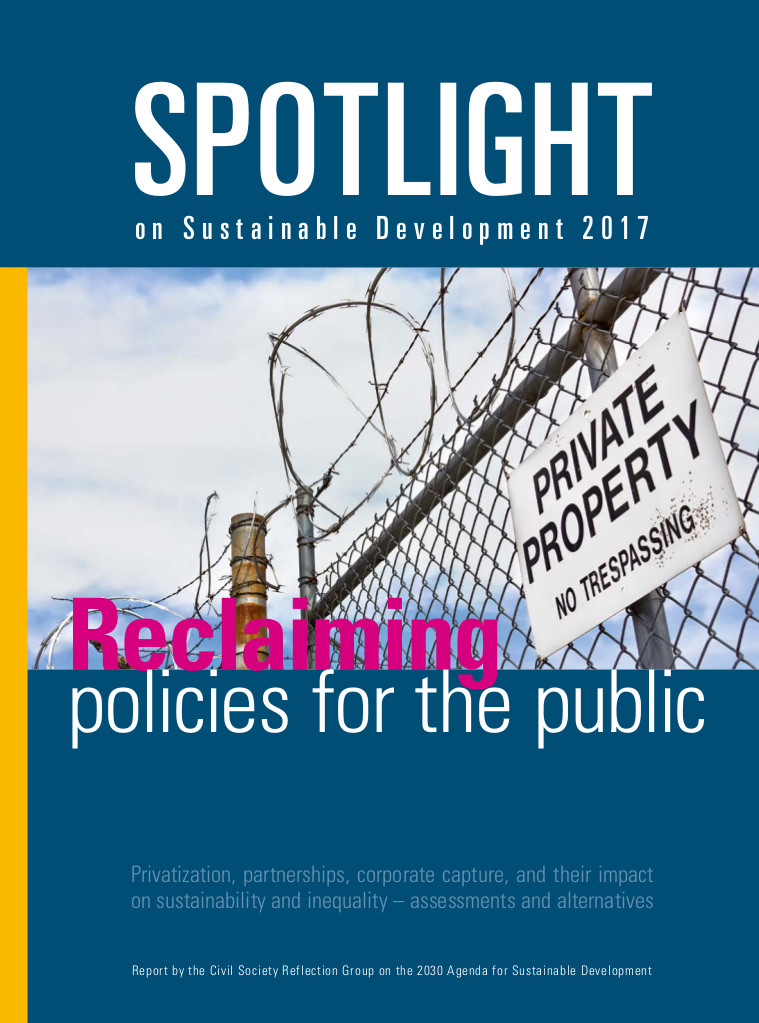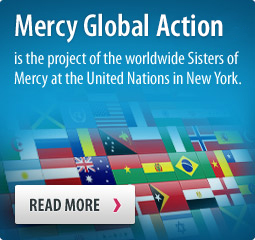
Report on High-Level Political Forum (HLPF)
Reports: August 25, 2017
The High-Level Political Forum is the primary platform for Member State Delegations and members of Civil Society to review their commitments and progress of the 2030 Agenda for Sustainable Development.
Each year, the HLPF will act as a follow-up mechanism for specific Sustainable Development Goals to be reviewed in depth in order to provide guidance and leadership, as well as discuss challenges and recommendations associated with achieving the goals. In addition, as per Paragraph 84 of the 2030 Agenda, Member States agreed to conduct Voluntary National Reviews each year; this year, 43 countries presented their outcomes (click here for more information). It is in the hope that through extensive reviews of the goals, both broad and on a national level, in addition to creating an inclusive setting for stakeholders to contribute their input, countries will be able to better facilitate the integration of social, environmental, and economic factors into their own agendas.
The theme of the forum was "Eradicating poverty and promoting prosperity in a changing world". Delegates and relevant stakeholders convened from July 10th-19th at the United Nations Headquarters in New York to review:
- Goal 1. End poverty in all its forms everywhere
- Goal 2. End hunger, achieve food security and improved nutrition and promote sustainable agriculture
- Goal 3. Ensure healthy lives and promote well-being for all at all ages
- Goal 5. Achieve gender equality and empower all women and girls
- Goal 9. Build resilient infrastructure, promote inclusive and sustainable industrialization and foster innovation
- Goal 14. Conserve and sustainably use the oceans, seas and marine resources for sustainable development
In addition to the Voluntary National Reviews and reviews of the SDG's, there were many side events conducted by Member State Delegations and members of Civil Society that honed in on the work being done at the grassroots level in order to achieve the Sustainable Development Goals. Many shared best practices, areas of collaboration, community participation and challenges they've faced. Others described whether or not NGO's across the world were aware of the SDG's or if their own countries were seeking to actualize the goals.
As some of the responses to those questions were scattered, where do we stand two years after the implementation of Agenda 2030? It is evident that some progress has been made and countries continue to pledge their commitments, "internalizing SDG's into their strategies and planning processes, coordinating internally and among ministries...At the same time, there was broad recognition that challenges and risks ahead are daunting [environmental stressors, lack of social inclusion, inequality, as well as a lack of sufficient resources and funding], giving added weight to the need for strengthened solidarity, collaboration and coordinated action to ensure that no one is left behind" (President's Summary).
 With continued collaboration between UN Member States and Civil Society Organizations we can empower those to advocate for their human rights, demonstrate where there is need, what has been working, and what can be done.
With continued collaboration between UN Member States and Civil Society Organizations we can empower those to advocate for their human rights, demonstrate where there is need, what has been working, and what can be done.
Resources
Spotlight on Sustainable Development 2017
President's summary: 2017 High-level political forum on sustainable development
Watch Sessions from HLPF 2017
Messages to: Angela Reed rsm - MIA Co-ordinator at the UN - Mercy Global Action




